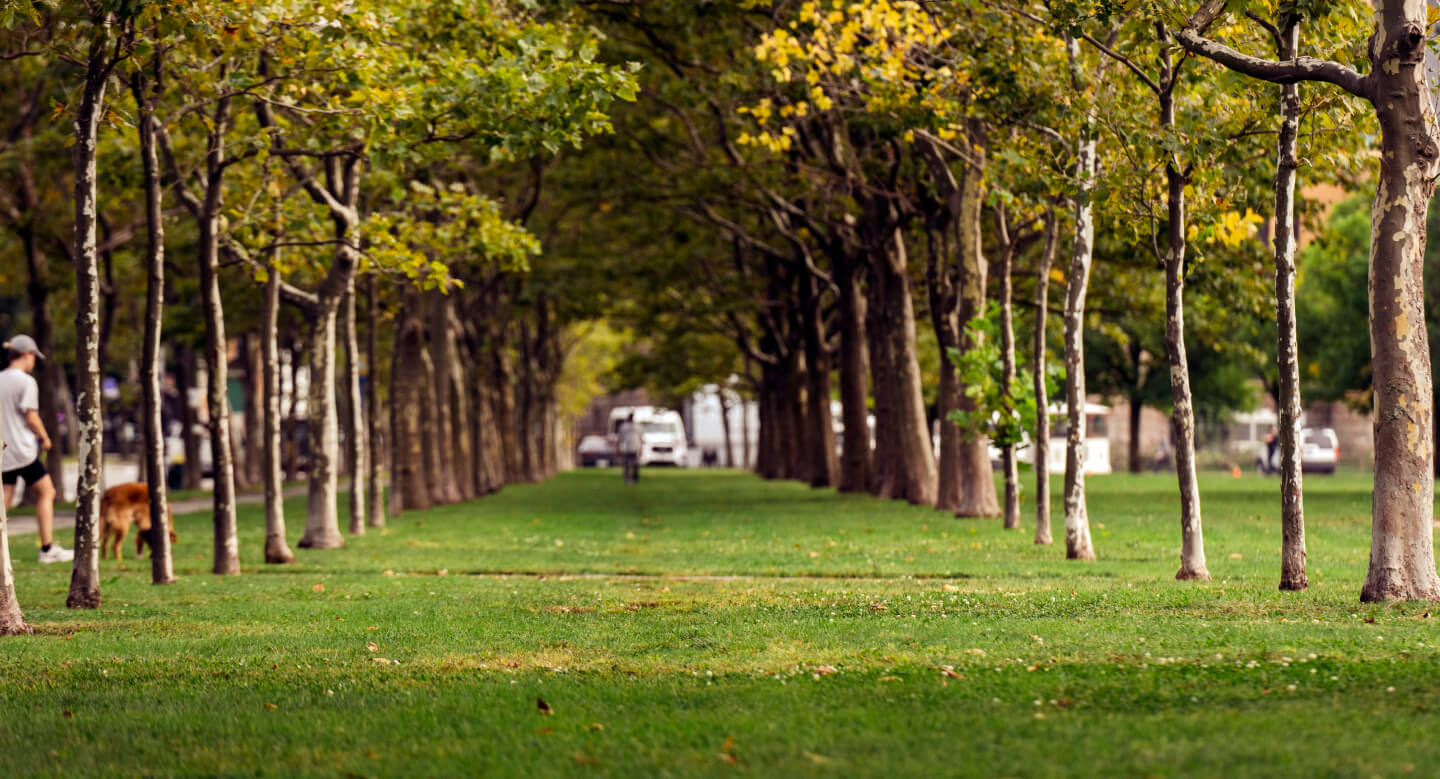
Impact
10-Minute Walk® Program
Trust for Public Land’s 10-Minute Walk® Program identifies, implements and scales impactful strategies to create equitable access to high quality parks and their myriad of benefits. Drawing on every aspect of Trust for Public Land’s expertise, we seek to build the civic and community environments and long-term investment in park equity. We generate policy recommendations and provide resources, guidance, and technical assistance to support locally-driven work.
311
cities
of all sizes, across 49 states have made the 10-Minute Walk® Commitment
92
cities
are participating in 10-Minute Walk®’s national and training network, Communities of Practice
14
cities
are deeply engaged in targeted policy technical assistance through the Park Equity Accelerator
Our Work
Our Park Equity Communities of Practice is a capacity and peer learning network that brings together over 200 city stakeholders to identify and elevate leading-edge practice.
Our Park Equity Accelerator engages cities in year-long tailored projects, each addressing a root cause or significant opportunity for addressing park inequities.
Cities are taking action
95 of the 100 most populous U.S. cities have adopted the 10-minute walk to park metric as a standard of park access in their planning, policy, and park system improvements.
95 of the 100 most populous U.S. cities have adopted the 10-minute walk to park metric as a standard of park access in their planning, policy, and park system improvements.




